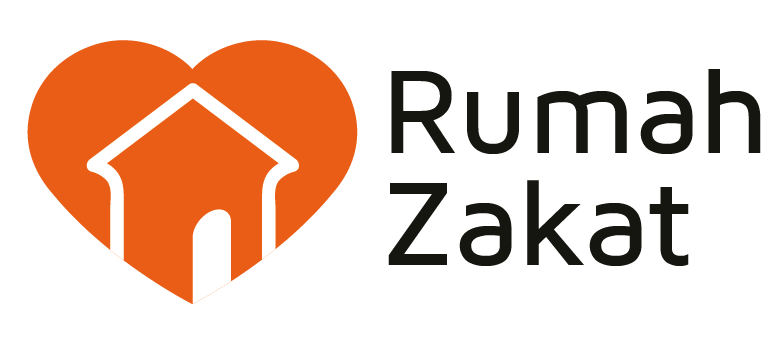[:ID] MADIUN. Berawal dari keresahan melihat nasib para petani di wilayah tempat tinggalnya. Tahun 2017 Fasilitator Desa Berdaya Jetis, Madiun, Eka Restia menginisiasi program pemberdayaan ekonomi dalam bidang peternakan.
MADIUN. Berawal dari keresahan melihat nasib para petani di wilayah tempat tinggalnya. Tahun 2017 Fasilitator Desa Berdaya Jetis, Madiun, Eka Restia menginisiasi program pemberdayaan ekonomi dalam bidang peternakan.
Eka pun mengintegrasikan pertanian dan peternakan agar bisa berjalan berdampingan.
“Para petani di sini kebanyakan adalah buruh tani. Mereka menggarap sawah orang lain, kalaupun menanam sendiri tanahnya sewa ke orang lain,” tutur Eka.
Penghasilan yang diterima oleh para petani tersebut tidak lebih dari Rp1,5 juta setiap empat bulan sekali atau pada saat masa panen.
Ini yang menjadi fokus utama Eka sebagai seorang pemberdaya. Bagaimana para petani tersebut bisa mendapatkan penghasilan tambahan tapi juga tidak kehilangan profesinya sebagai petani.
Sebanyak sembilan orang petani mendapatkan bantuan berupa ternak domba, masing-masing dari mereka menerima dua ekor domba betina. Menurut Eka kenapa ternak domba, karena memelihara domba sudah tidak terlalu memberatkan para petani ini.
Setiap hari sebelum berangkat ke sawah para petani tersebut membawa dombanya untuk merumput di sekitar sawah yang mereka garap.
Sebelum pulang mereka juga mencari rumput untuk makan dombanya pada sore atau malam hari.
“Dengan sistem seperti ini para petani tidak terbebani dengan biaya pakan. Malah mendapat penghasilan tambahan,” kata Eka.
Newsroom
Lailatul Istikhomah[:en] MADIUN. Starting from unease to see the fate of the farmers in the area where they live. In 2017 Jetis Village Facilitator, Eka Restia initiated an economic empowerment program in the field of animal husbandry.
MADIUN. Starting from unease to see the fate of the farmers in the area where they live. In 2017 Jetis Village Facilitator, Eka Restia initiated an economic empowerment program in the field of animal husbandry.
Eka also integrates agriculture and livestock to be able to run side by side.
“The farmers here are mostly farm laborers. They cultivate other people’s fields, even if they plant their own they must rent the land to other people,” Eka said.
The income received by the farmers is no more than Rp1.5 million every four months or during the harvest period.
This is the main focus of Eka as an empowerer. How can these farmers get additional income but also not lose their profession as farmers.
As many as nine farmers received assistance in the form of sheep, each of them received two ewes. According to Eka, why are sheep, because raising sheep is not too burdensome for these farmers.
Every day before leaving for the rice fields the farmers bring their sheep to graze around the fields they are working on. Before going home they also look for grass for the sheep in the afternoon or evening.
“With this system, farmers are not burdened with the cost of food, even get extra income,” Eka said.
Newsroom
Lailatul Istikhomah[:]

